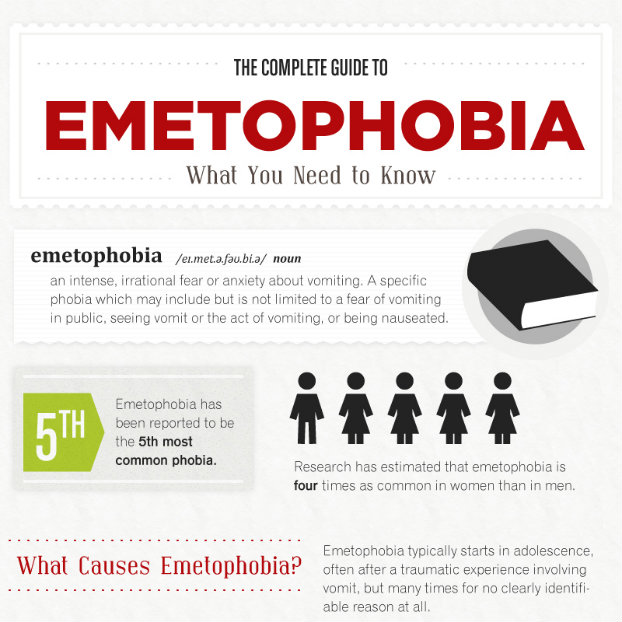 A friend in need is not a friend indeed if that friend needs something every minute! Actually, that could still be OK if a pal is going through a crisis and typically gives you things back in return. However, if the relationship is all giving on your end with nary a hint of receiving, you may be stuck in a toxic trap.
A friend in need is not a friend indeed if that friend needs something every minute! Actually, that could still be OK if a pal is going through a crisis and typically gives you things back in return. However, if the relationship is all giving on your end with nary a hint of receiving, you may be stuck in a toxic trap.
We outlined various reasons we get stuck in toxic relationships in our post Why We Keep Toxic Friendships (and What They do to Our Health). Now we’re going to tell you how to become un-stuck as well as quickly assess if any of your relationships have reached the toxic level.
Toxic Relationships Checklist
Figuring out if you’re suffering from a toxic friendship can be as easy as answering several telltale questions. The gist of the questions comes from author and psychologist Sherri Bourg Carter, psychotherapist Mary Jo Rapini and our past experience with toxic relationships.
To gauge a relationship’s toxicity, simply answer yes or no to the following inquiries:
After spending time with the person, do you feel:
- Drained
- Unfulfilled
- Angry
- Depressed
- Bad about yourself
- Bad about your life
- Bad, bad, bad
Does the person constantly:
- Ask for favors without giving anything back
- Expect you to go out of your way to make them happy
- Ask you to do things with which you feel uncomfortable
- Criticize, put you down or belittle you
- Make you feel smaller than a peapod and more useless than a broken shoelace
When you’re with this person, do you feel:
- Threatened
- In danger
- On guard
- Like you’ll only make him or her happy if you change
- Like you’re trapped in the relationship
- Like moving to Cambodia
Is hanging out with this person a lesson in:
- Drama
- Angst
- Anguish
- Depression
When the person calls and you see the number you, do you:
- Cringe
- Hide
- Throw the phone in the toilet
- Make that move to Cambodia (with an unlisted number)
The more “yes” responses you have, the more toxic your relationship may be. So now what? Awareness is always the first step, acceptance is the next. The third step in the equation is change.
Acceptance and Change
Accepting a long-standing friendship may have gone toxic, or long been toxic, can be tough. Admitting any relationship is toxic can be tough, especially if you’ve invested a lot of time and energy into it or getting out of it may mean a total life change, such as divorce. If you really want to change the relationship, however, you have to stop excusing the person’s behavior and start crawling out of denial.
Change comes next, but it doesn’t necessarily have to mean divorce or a full break in the friendship. Continuing a relationship with the person is possible, provided the dynamics of the relationship can change to create a healthy environment going forward.
‘Detoxification’ Steps
Beef up your own self-worth. Low self-esteem is one of the reasons people stay stuck in toxic relationships, Bourg Carter explains. The relationship may be tolerable because you don’t feel you deserve anything better. Well, change that feeling!
Improving self-esteem can be a long and arduous process, but therapists, life coaches and other professionals are there to help if necessary. Your end goal is to honestly believe you deserve to be treated with compassion, love and respect.
Point out the toxic behavior. This step is a delicate one, and Bourg Carter warns you should never attempt it if the relationship is so far gone that addressing toxic behavior would put you in danger, such as with a violently abusive spouse.
When address the behavior is a safe possibility, do so by using statements that being with “I” instead of “you” to keep explosive defenses at a minimum. Try saying stuff like, “I feel like you’re constantly criticizing me and it makes me feel depressed and inferior. I value our friendship and I’d appreciate if you could stop the criticism.”
Set boundaries. Make pleasing yourself more important than pleasing your toxic pal, psychologist Jenn Berman told WebMD. Setting boundaries does not mean being selfish, but it does mean engaging in self-preservation with clear limits on what you will and will not do. Learn to say “no” to things that make you uncomfortable or you otherwise don’t want any part of.
Admit to your part. All relationships, even toxic ones, are a two-way street. Taking responsibility for your own part in the toxic mix means paying attention what you brought to it, according to WebMD. Perhaps your part is being a super-duper people-pleaser who sacrifices your own well-being to make others happy. Or your part can simply include allowing the toxic behavior to continue without taking care of yourself.
When It’s Time to Go
Sometimes nothing you say or do will change the relationship, in which case it may be safer and healthier to walk away. Distancing yourself from the person can help, Bourg Carter says, whether it’s parents and children having less contact, partners trying a separation or workers staying out of the lunchroom when that toxic employee is around. The least amount of contact you have with the toxic person, the better off you’ll be.
While breaking up a relationship of any type can be sad, when it’s breaking away from a toxic friend, partner or coworker it can be cause for celebration. Celebrate your freedom from abuse. Celebrate your escape from constant criticism. Celebrate your choice to maintain relationships that nurture and fulfill you instead of those that deplete and destroy. Above all, you’re celebrating yourself by keeping yourself clean of toxins that can wreak havoc on your sanity and health.
SOURCES:
Photo Credit: fiddle oak via Compfight cc





